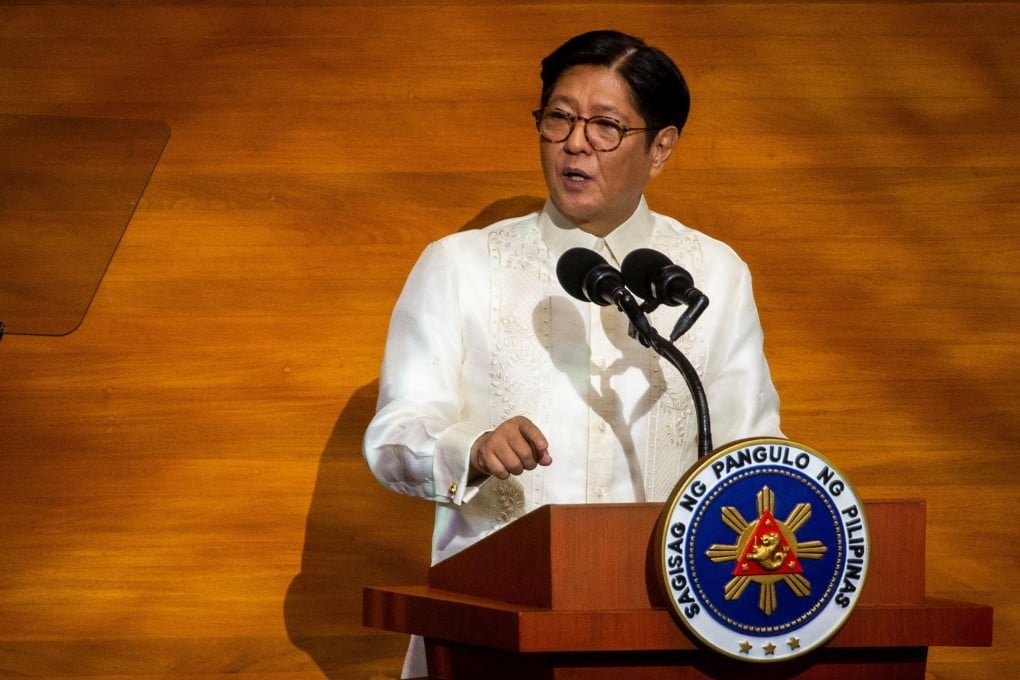Philippine President Ferdinand “Bongbong” Marcos Jr. warned on August 11, that the Philippines would be “pulled in – kicking and screaming” into any conflict over Taiwan, citing its close geographic proximity and the 200,000 or more Filipinos working on the self-ruled island. Although not seeking war, Marcos stressed that Manila must be prepared for such a scenario and would be unable to remain neutral.
Beijing reacted swiftly, accusing Marcos of infringing on its sovereignty and violating the “One China” policy. Chinese officials urged the Philippines to stop “playing with fire” over what they consider a core national interest. Marcos fired back, asserting his remarks were factual rather than provocative and underscored that safeguarding Filipino lives would be his foremost duty in case of conflict.
Tensions on another front remain high: on the same day, the Philippine Coast Guard reported Chinese vessels engaged in aggressive blocking tactics and fired water cannons at Filipino ships near the disputed Scarborough Shoal. Manila’s vessels managed to evade direct hits; one Chinese coast guard vessel was even damaged during a collision with a Chinese navy ship.
In addition to regional flashpoints, Marcos has deepened strategic ties with like-minded powers. His administration continues to solidify alliance frameworks with the U.S., Japan, Australia, India, and EU nations, counterbalancing Beijing’s assertiveness across the South China Sea.
This escalating rhetoric and military posturing also come amid a growing, though discreet, security alignment between the Philippines and Taiwan. Earlier this year, Manila relaxed long-standing restrictions on Taiwan engagement, including visa-free access, while expanding coast guard coordination and intelligence sharing to reinforce regional stability.





